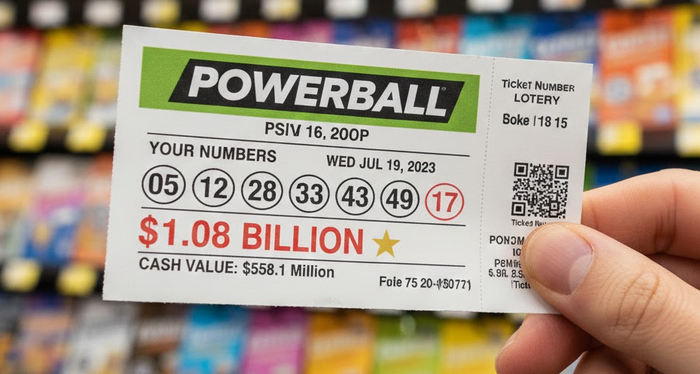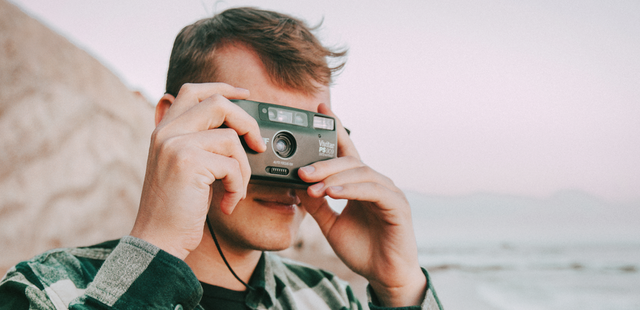However, film cameras have also seen a resurgence in travel photography as the limited shots perfectly capture the accuracy of memories, even with all their flaws and imperfections. A classic film camera might hark back to another era, but they are still popular. Why? Well, here are some of the reasons you should always take one with you on vacation.
Balancing Quality To Cost
Mirrorless cameras and DSLRs have fantastic image processors and image quality, making them popular for travel photography. The best digital cameras are typically at a higher price point of over $1,000, such as the Sony Alpha a7II mirrorless with its 24.3-megapixel full-frame camera sensor, or even go for nearly $3,000, like the Nikon D850 DSLR with 46-megapixel and 4K resolution. After all, you’re paying for more advanced features and functionality, which isn't always available with other cameras on the market.
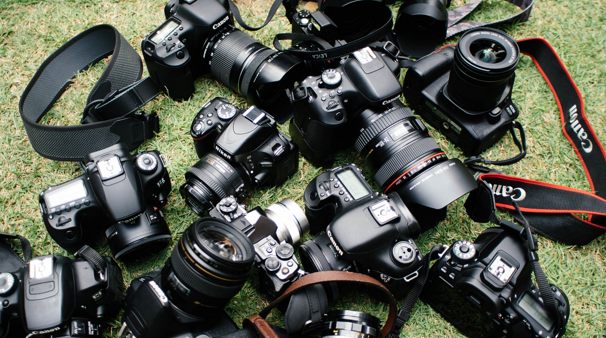
However, there are also many film cameras that balance affordability and quality pictures, including the classic-looking Yashica MF-2 Super DX 35mm, which is available for a little over $100. The Pentax K1000 35mm with a 50mm lens kit is also listed for around $200 on most sites and can produce images with a more authentic, less digitized look. Although it might not seem obvious, a high-resolution scan of a 35mm frame has at least as many megapixels as some of the most expensive cameras.
Change The Look Of Your Images
While modern cameras have options to change the feel or warmth of an image through their various modes, utilizing the range of filters that are available for film cameras can make an even bigger difference to your images while protecting the equipment. A K&F Concept UV filter will help take care of the lens and the film within the camera by limiting the light coming through the lens. Alternatively, if you want a picture of that brilliant blue sky or to dull down the glaring reflections bouncing from that beautiful ocean shot, then a polarizing filter can do that. It's just a case of swapping from one to the other, which can be done in seconds.
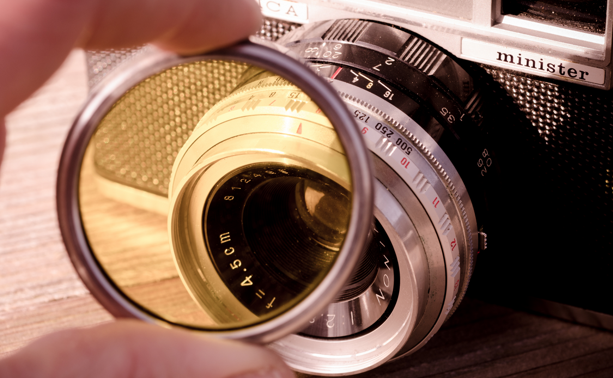 There is also a wide variety of 35mm film rolls you can experiment with to get the colors and brightness you want, like the Kodak Ektar 100 with its extremely fine grain and high saturation. Meanwhile, you might also want to shoot not just the scenery but also stunning portraits with seasonal foliage as your background, for example. Thus, the Kodak Portra 400 is the best option for capturing your natural skin tone with highlighted details.
There is also a wide variety of 35mm film rolls you can experiment with to get the colors and brightness you want, like the Kodak Ektar 100 with its extremely fine grain and high saturation. Meanwhile, you might also want to shoot not just the scenery but also stunning portraits with seasonal foliage as your background, for example. Thus, the Kodak Portra 400 is the best option for capturing your natural skin tone with highlighted details.
Less Distraction
Whether you're working with a smartphone or even a modern DSLR camera, there’s a myriad of options that need our attention. The numerous shooting modes, various focusing options, ISO, and more can be great for getting the exact picture you want. However, they can also take time to set up, which can sometimes mean you miss that all-important moment you wanted to capture.
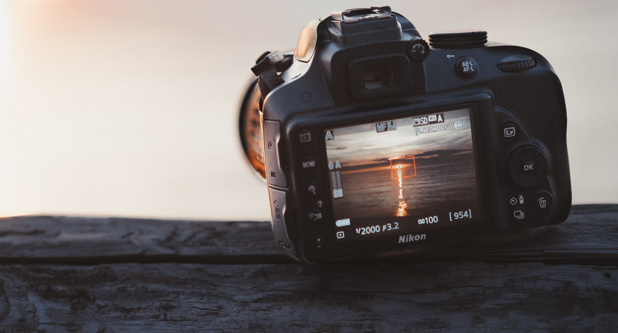
With modern tools, after hitting the shutter button numerous times, you may find yourself checking the image to make sure it's just right before then going back and deleting the ones you don't want to keep. Then, you spend the next 15 minutes picking the best ones and uploading them to social media. Remember, you're supposed to be traveling and soaking up your surroundings, not updating your status. In comparison, a film camera takes all of that away as you have to make sure each shot counts.
Enjoy Those Moments Later
While having instant access to the images is excellent with modern cameras, you shouldn’t be trawling through pictures when you're out traveling. By leaving the pictures unseen, you'll experience those moments all over again when the film is processed. Not only that, you might find a surprise in the images as you flip through them frame by frame, and they'll all be captured in print to look back on and not just left on a memory card that you've thrown into a drawer in your desk.
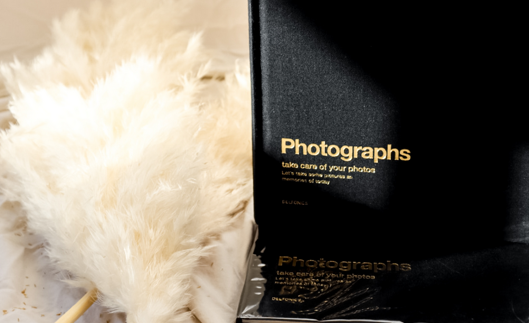
Ultimately, while there's nothing wrong with the convenience and speed of modern cameras, film cameras provide a unique experience. They allow you to take photos with quality and versatility while still maintaining an aura of authenticity and sentimentality in your captured memories.
